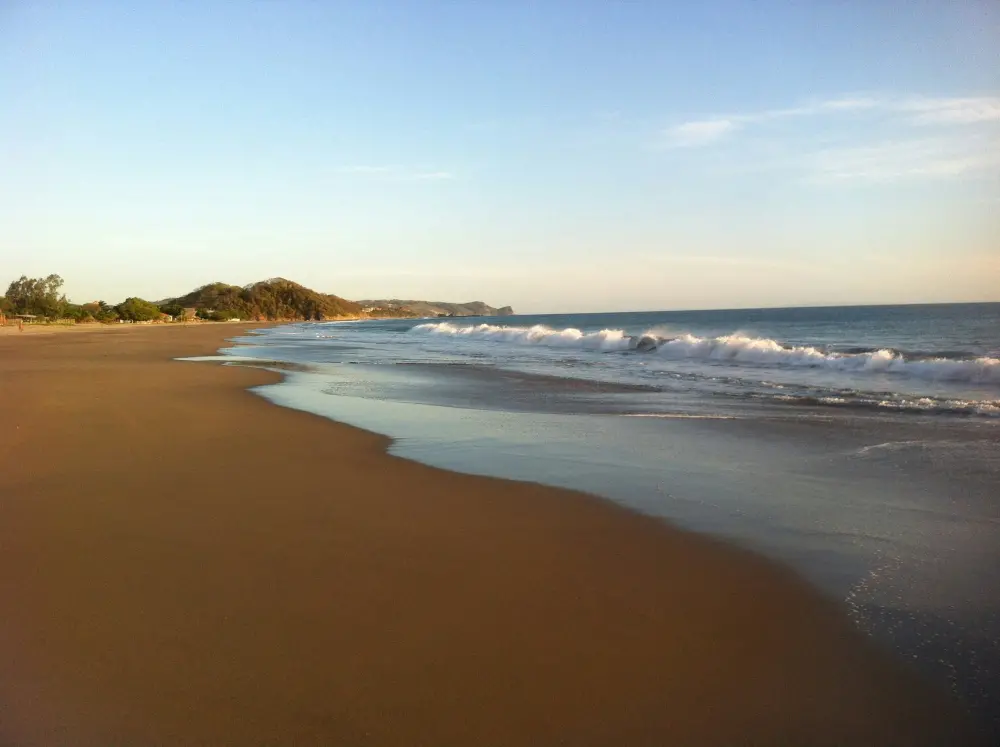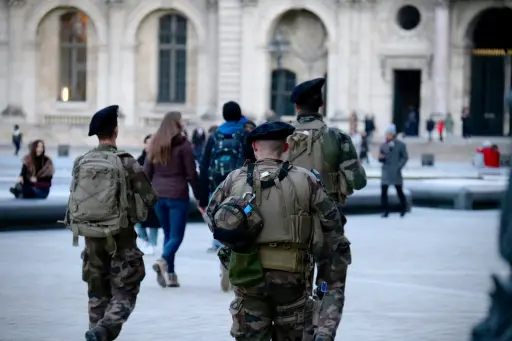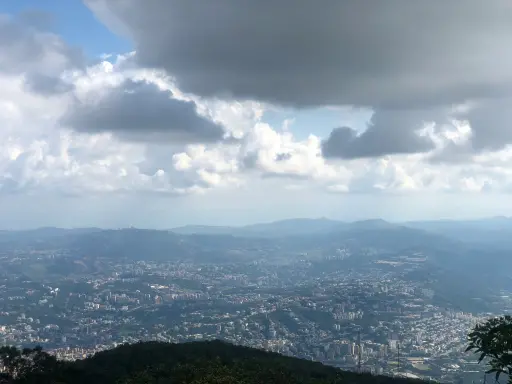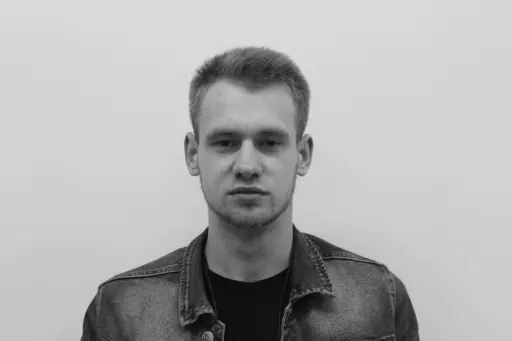Nicaragua forces 1500 church and civil society groups to close
By published
Nicaragua has annulled the registrations of 1,500 non-profit entities, marking the latest step in a prolonged campaign against such organizations in the Central American country. The entities, which encompass numerous religious groups, are accused of neglecting to submit their financial disclosures for durations ranging from one to 35 years, as stated in a notice released on Monday in the official government publication, La Gaceta.
Among those affected by this decision are various sports organizations that facilitated activities in basketball, tennis, and soccer. Additionally, there were groups dedicated to health, women's rights, LGBTQ advocacy, legal support, and veterans' affairs. Notably, at least 695 of the affected organizations were linked to religious affiliations.
The religious groups impacted predominantly belong to Christian denominations, including Catholic, Evangelical, and Pentecostal sects. has sought comments from the Vatican and the Pontifical Commission for Latin America regarding this situation.
Earlier this month, Nicaragua also revoked the legal status of the Diocese of Matagalpa’s Caritas, citing alleged bureaucratic issues, according to Vatican News. This diocese is led by Bishop Rolando Alvarez, a prominent government critic who is currently in exile after being convicted on charges such as conspiracy and treason.
Liz Throssell, spokesperson for the United Nations Human Rights Office, described the closures as “deeply alarming,” highlighting the significant erosion of civic space and the imposition of undue restrictions on religious freedom in Nicaragua in recent years.

Since late June 2022, over 5,000 non-governmental organizations, media outlets, and private educational institutions have had their legal statuses revoked, Throssell noted. Under the authoritarian regime of President Daniel Ortega, who secured a fifth term in 2021, civil liberties in Nicaragua have drastically diminished.
In recent times, Ortega's administration has detained numerous opposition candidates, journalists, and human rights advocates under a broadly defined national security law. en Español was compelled to cease operations in Nicaragua in 2022.
The violent suppression of widespread anti-government protests in 2018 resulted in the deaths of hundreds, with thousands injured and many arbitrarily detained, according to Human Rights Watch. A significant number of Nicaraguans have fled the nation in search of safety.
In June, the United Nations expressed serious concerns regarding the human rights landscape in Nicaragua, noting that at least 35 individuals have been arrested since March as part of a broader crackdown on civic freedoms, as reported by Nada al-Nashif, the UN Deputy High Commissioner for Human Rights.
More news






